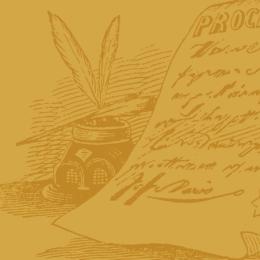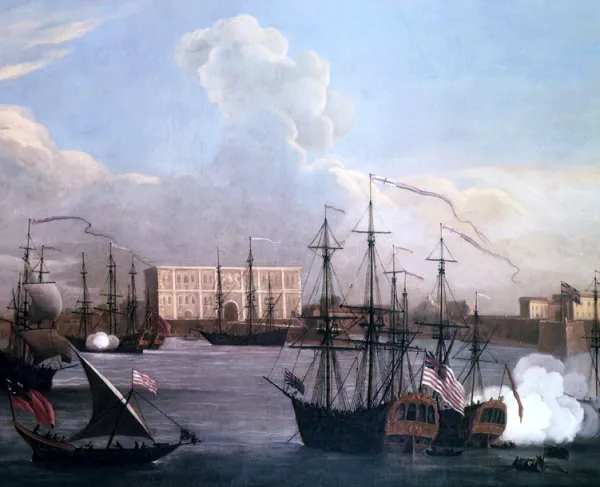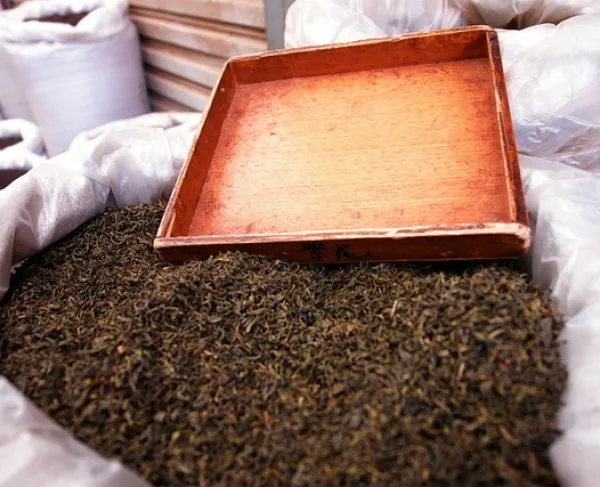The British Army in Boston
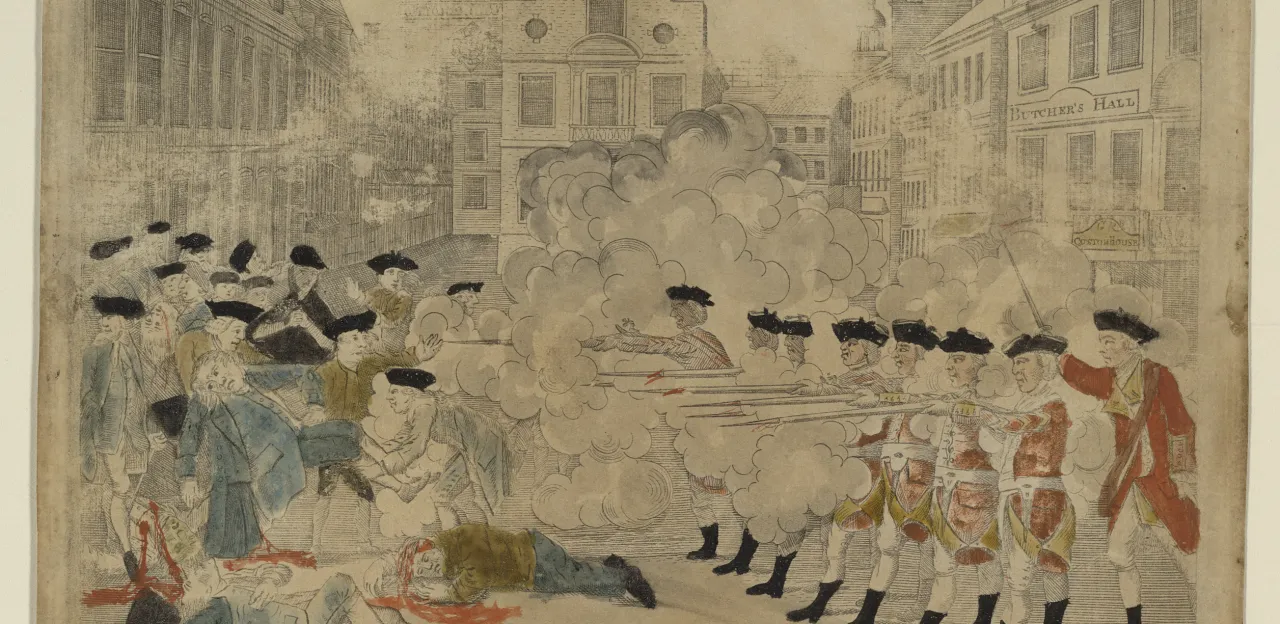
The end of the French & Indian War eliminated the most serious European threat to British rule in North America and seemingly stabilized relations with most of the native tribes along the western frontiers of the colonies. Such peace meant a reduced British military presence in America, supplemented by local militia and volunteer units when and if necessary. This would be the peace dividend to an expensive war that still had yet to be paid for.
Much of America never saw British soldiers, particularly in peacetime. Those that did saw small garrisons of men quartered in barracks, such as still exist in Trenton, New Jersey today. The interactions were generally benign. When the Stamp Act crisis broke out, no British troops were in Boston. With no Crown authority to effectively combat mobs, royal officials had little physical protection while in performance of their functions. Things remained thus until 1768, when an attack on customs commissioners in town led Major General Thomas Gage in New York to order British troops to Boston.
The first troops would be the 14th and 29th Regiments of Foot, along with the Grenadier Company of the 59th and some Royal Artillery. These troops were already in North America. A further two regiments, the 64th and 65th, would be ordered from Ireland to supplement them. This total force would be under 2,000 officers and men, but it was hoped the mere presence of armed soldiers would dissuade mobs and enforce royal authority. Ironically, the first enforcement of royal authority would be administered on Richard Ames, a private of the 14th Regiment, who was executed for desertion by firing squad in front of the regiments then in town.
One newly arrived officer at Boston, writing to a friend at New-Castle on July 3, 1774 probably spoke for many: “The people are very troublesome here, but won’t meddle with us openly, which is the sincere wish of us all, that we might get the business over, for we are kept in suspense, harrassed and fatigued, without any prospect of having the business settled.” The business as he saw it, no doubt, was peace and quiet in Boston.

Having an instant garrison in town led to the immediate problem of where to put them. The quartering Act of May 15, 1765 stipulated that the provincial governments must provide barracks or quarters for soldiers within their borders. If barracks were not available, they were to be lodged within “inns, livery stables, ale-houses, victualling-houses, and the houses of sellers of wine by retail to be drank in their own houses or places thereunto belonging, and all houses of persons selling of rum, brandy, strong water, cyder or metheglin, by retail, to be drank in houses.” If none were available or that was still insufficient, they local government was to fix up “so many uninhabited houses, outhouses, barns or other buildings, as shall be necessary, to quarter therein the residue of such officers and soldiers…” What was specifically forbidden, but perhaps not understood, was that private homes were not to be used to lodge officers or soldiers. That would, of course, change once hostilities commenced and civil law was no longer in effect, but in peacetime Boston it was the rule. The residents of the town would become used to seeing troops encamped on the Common. Those at Castle William in Boston Harbor would more or less be out of sight.
Things had quieted enough in 1769 that the 64th and 65th were withdrawn, leaving the 14th and 29th and an emboldened population. Tensions between the population and the soldiers eventually resulted in the fight that was quickly dubbed ‘The Boston Massacre” in which five rioters were killed outside the custom house by nine guards of the 29th Regiment. In the face of further violence, the garrison soon thereafter was reduced to just one regiment, the 14th.
Fewer troops in town only led to less protection for government officials and those maintaining their loyalty to the crown, culminating in the destruction of the tea in Boston Harbor on December 16, 1773. The British decided to cease reducing troops to avoid conflict and instead flood the city with a large garrison to bring order and enforce the Coercive Acts. Throughout 1774 and into 1775, thousands of British troops, led by General Thomas Gage would take over the city, putting them on a collision course with revolutionary fervor both in town and the countryside. Gage’s lack of harsh measures against the Bostonians, in the opinion of many officers of the army, only made things worse. Captain Francis Lord Rawdon, writing to his uncle at home in 1775, informed him “I believe General Gage to be a very worthy man, & really do not doubt but his want of activity proceeded from a fear of hurrying these Americans into rebellion by harsh measures. The people about him I believe blinded him to the true state of affairs, & buoyed him up with hopes that the hostile declarations of the Bostonians were only the clamour of a small wrongheaded party, whose rage would quickly subside if left to itself, whereas any exertion of military force might only make the affairs become serious.”
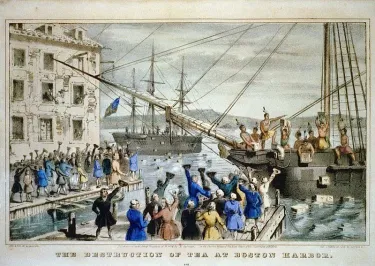
The events going on were certainly not lost to the officers and men of the army sent there to enforce the law. Writing to England from Boston in November 1774, one officer wrote: “As to what you hear of [the colonists] taking up arms to resist the force of England, it is merely bullying, and will go no further than words: whenever it comes to blows, he that can run fastest will think himself best off. Believe me, any two regiments here ought to be decimated, if they did not beat in the field the whole force of Massachusetts province? For though they are numerous, they are but a mob without order or discipline, and very awkward at handling their arms…We expect to pass the winter very quietly. The Saints here begin to relish much the money we spend among them, and I believe notwithstanding all their noise, would be sorry to part with us.”
Not all British viewed New England life in a negative light, as a number deserted Boston to seek out a new life in America, even before the commencement of hostilities. British officers naturally blamed the inhabitants for seducing away the soldiers with tales of opportunity and riches, and they were often right. Lieutenant John Barker of the 4th Regiment of Foot noted in his journal in December 1774: “one of our Men deserted; heard of robberies committed in the Country, most probably by some of the Deserters, who will do more harm than good, as nothing but Rascals go off; serve the Yankys right for enticing them away.”
When blows finally came at Lexington and Concord in April 1775, at least some opinions were changed concerning the New Englanders and their “awkward” handling of arms. General Hugh Earl Percy, who skillfully led the British relief force that day, remarked “Whoever looks upon them as an irregular mob will be much mistaken. They have men amongst them who know very well what they are about. .. nor are several of the men void of a spirit of enthusiasm.” Writing to General Edward Harvey in England the day after the battle, Percy admitted “For my part, I never believed, I confess, that they would have attacked the King's troops or have had the perseverance I found in them yesterday.”
When the British evacuated Boston in 1776 under Gage’s successor, General William Howe, few British soldiers shed any tears at the thought of leaving that city.
